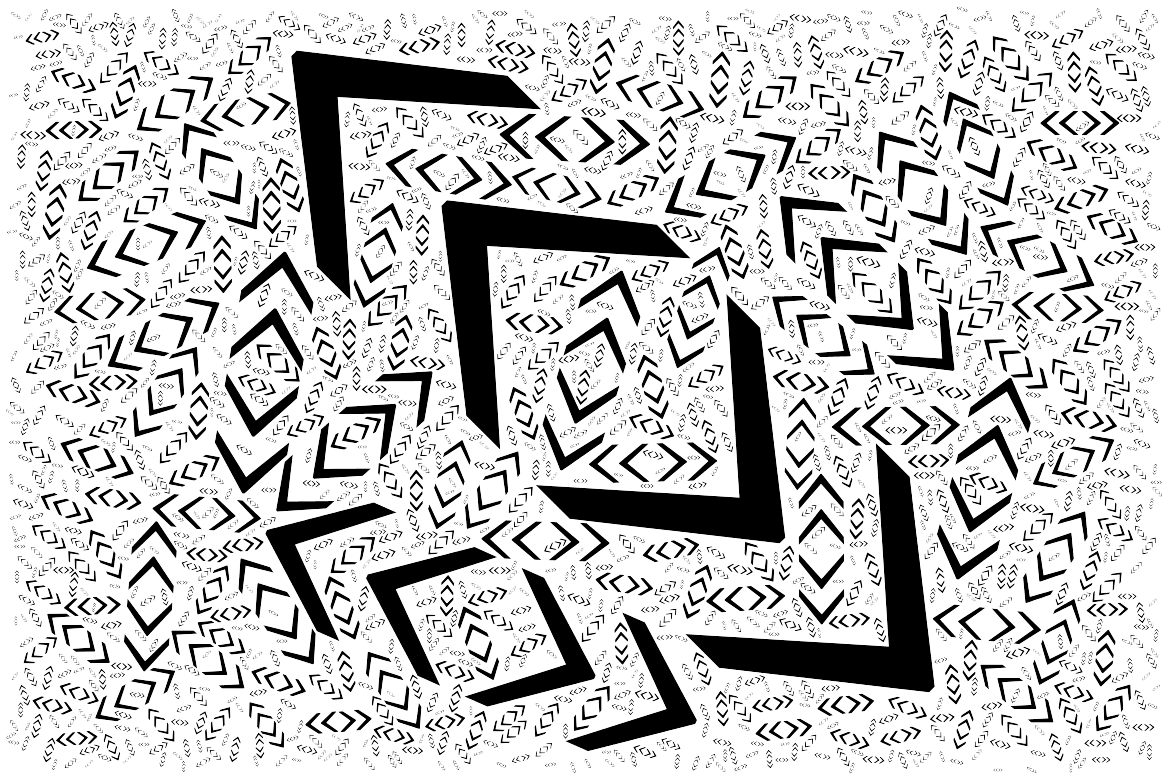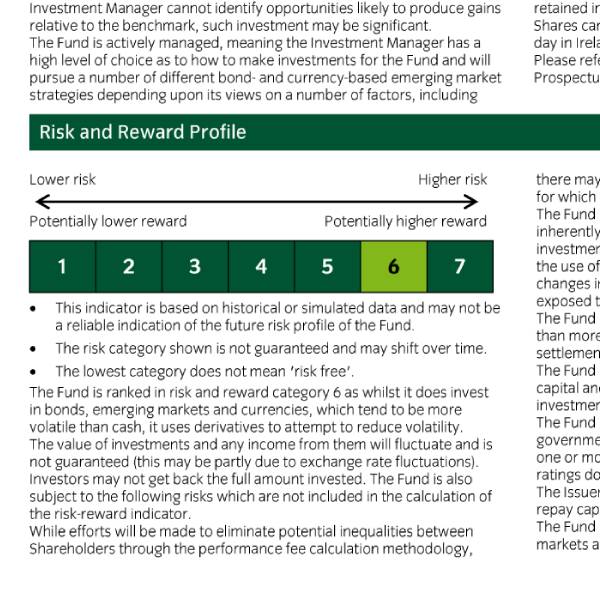Diversity
Combatting police racism with boycotts
The American Physical Society in future wants to organise its conferences only in cities where the police fulfil specific criteria. This is to protect Black participants.

The staff of a Chicago hospital in support of the Black Lives Matter protests in June 2020. | Image: Edward Elmhurst Health
“It occurred to me that meetings held in cities are putting Black and brown people at risk if they aren’t choosing with … the policing practices [in mind]”. The physicist Philip Phillips wanted to do something after the unarmed George Floyd was killed by a police officer in Minneapolis in May 2020. Together with a colleague, he wrote an open letter in which he demanded that scientific societies should take concrete action. One suggestion was that the annual conferences that bring thousands of visitors and a lot of money with them should in future avoid those cities that have a dubious policing record. In November 2020, the American Physical Society (APS) announced that it would bear this in mind when deciding on the venues of future conferences. It will consider factors such as the existence of an independent body to investigate shootings and deaths in police custody, and the provision by a city of open data on the use of force by its police, including demographic information about the targets of that force.
Ximena Cid is the chair of the physics department at California State University, Dominguez Hills, and she says: “It’s a great step for APS to take”. She told the journal Nature that Black researchers often have to be “more cautious of their surroundings at restaurants, at hotels and during travel to and from a conference centre than white scientists”.
The decision by the APS has a major historical precedent. The boycotts against South Africa are regarded today as having made a major contribution to the end of apartheid. With this example in mind, members of the APS have congratulated the society on Twitter for the step it has now taken. According to Nature, the APS has also taken similar measures in favour of trans people; in 2018, it moved a conference out of the state of North Carolina when a law was passed there to force people to use toilets corresponding to the gender they were assigned at birth.




